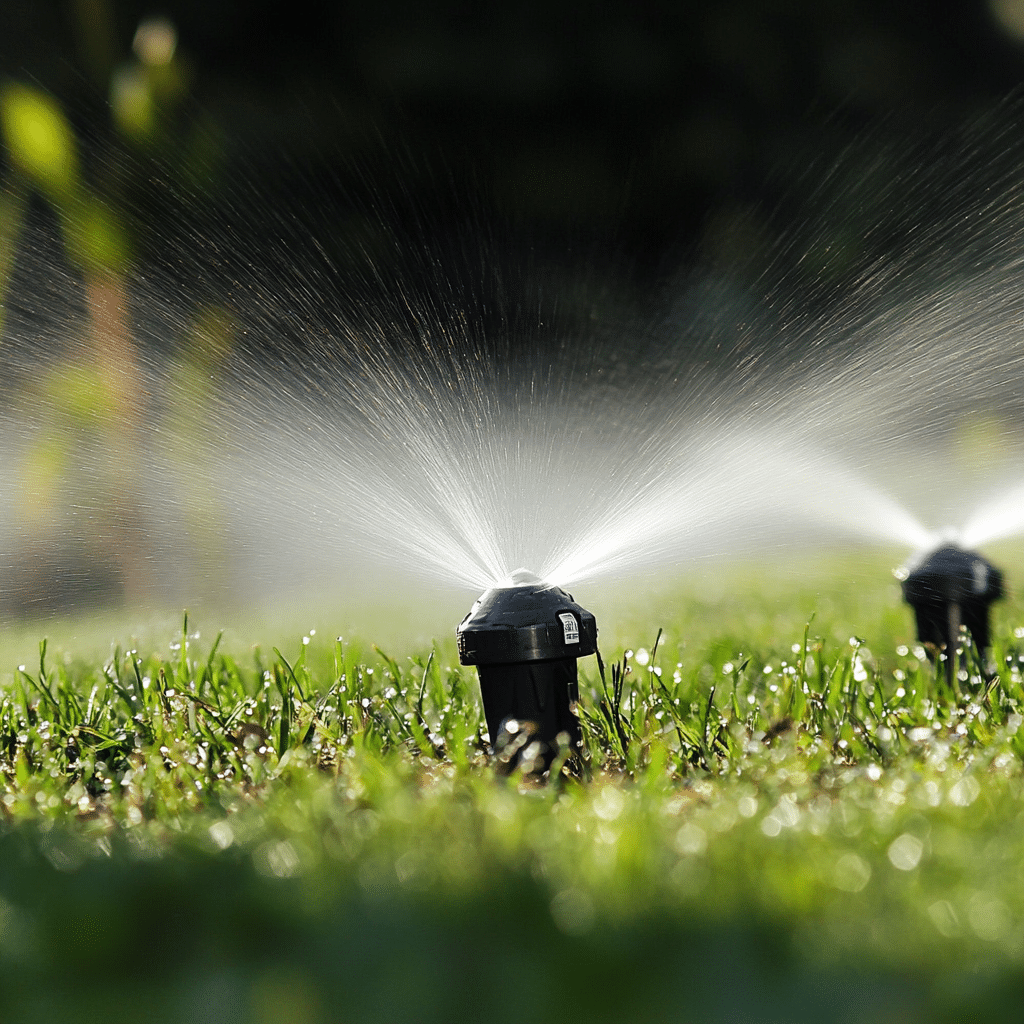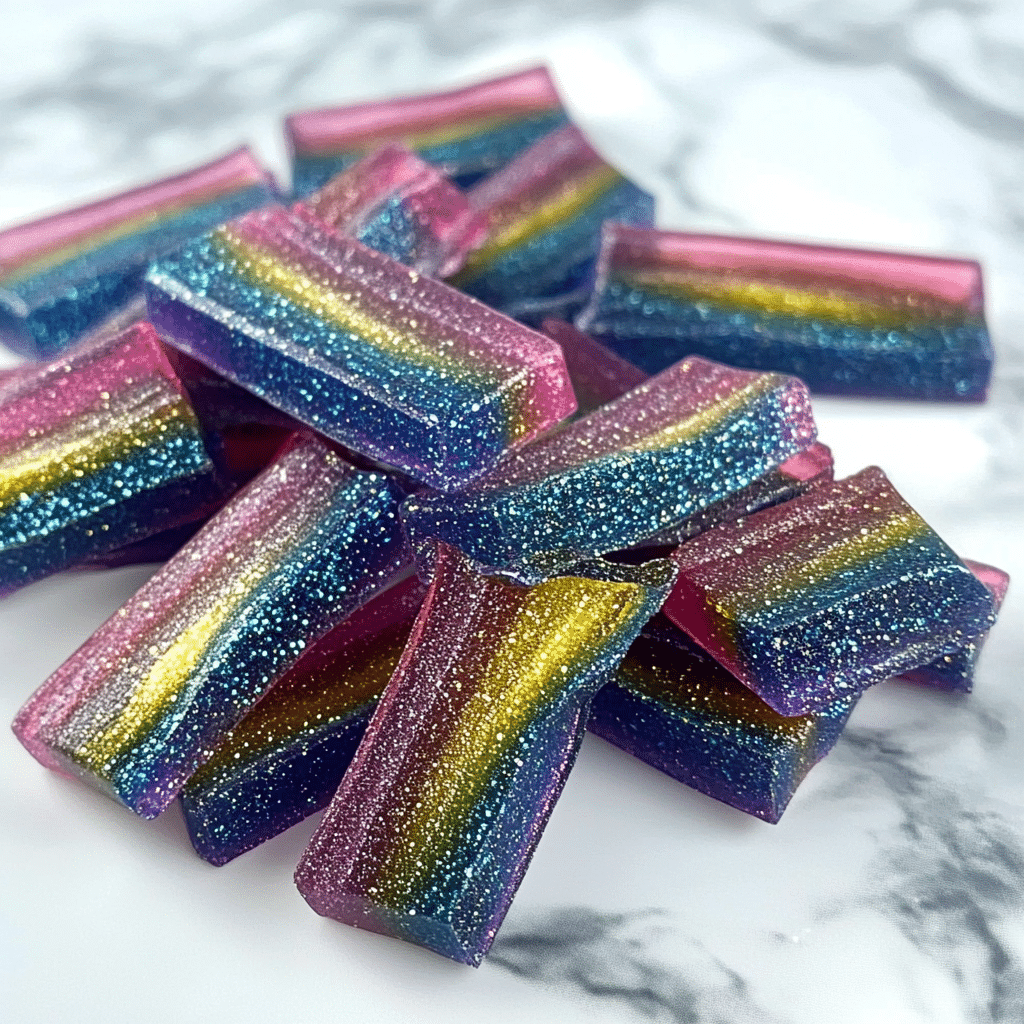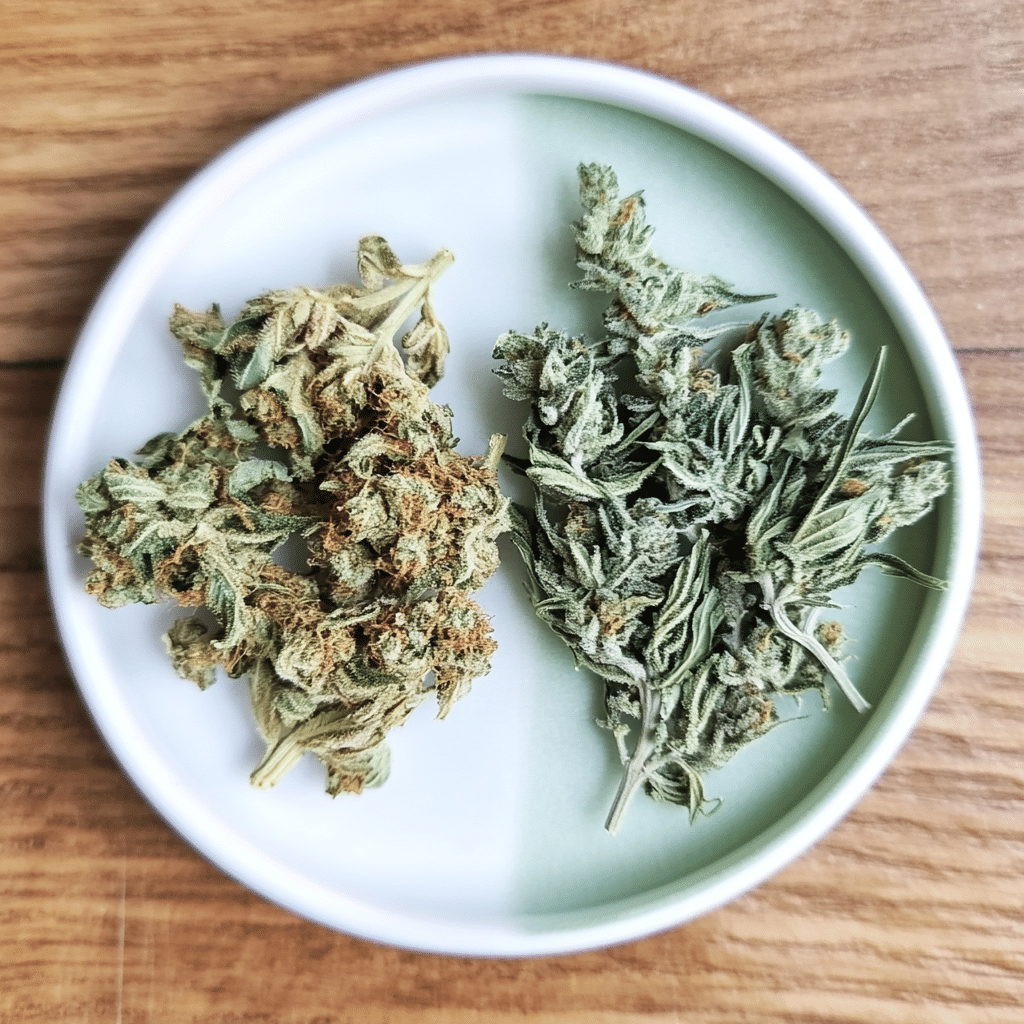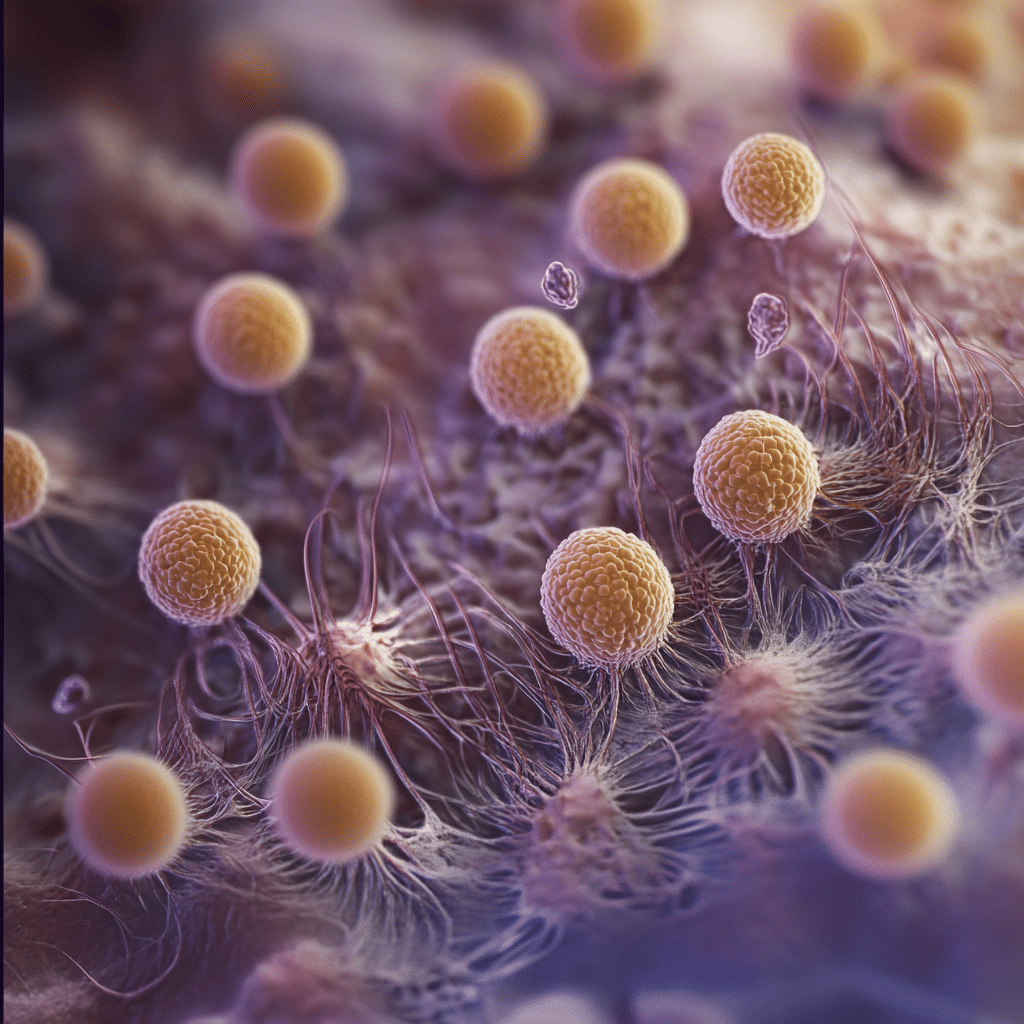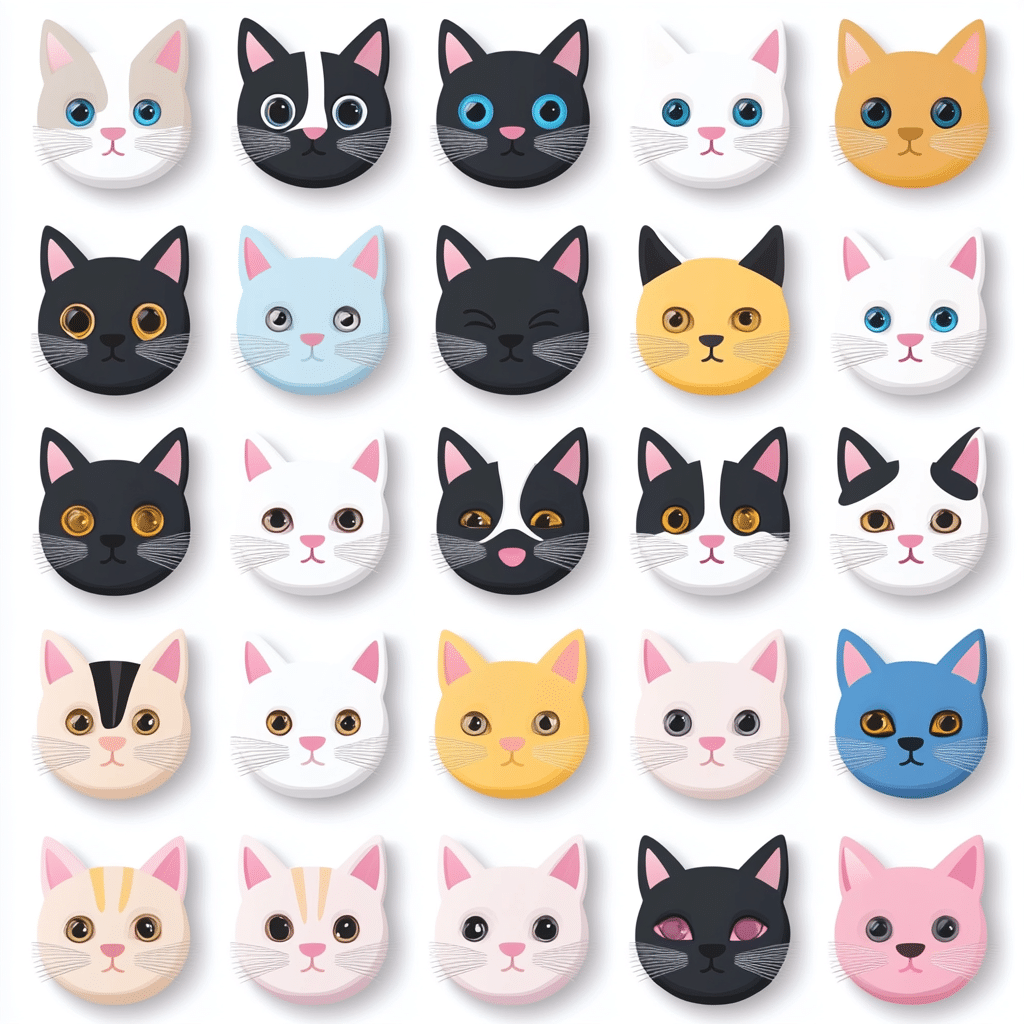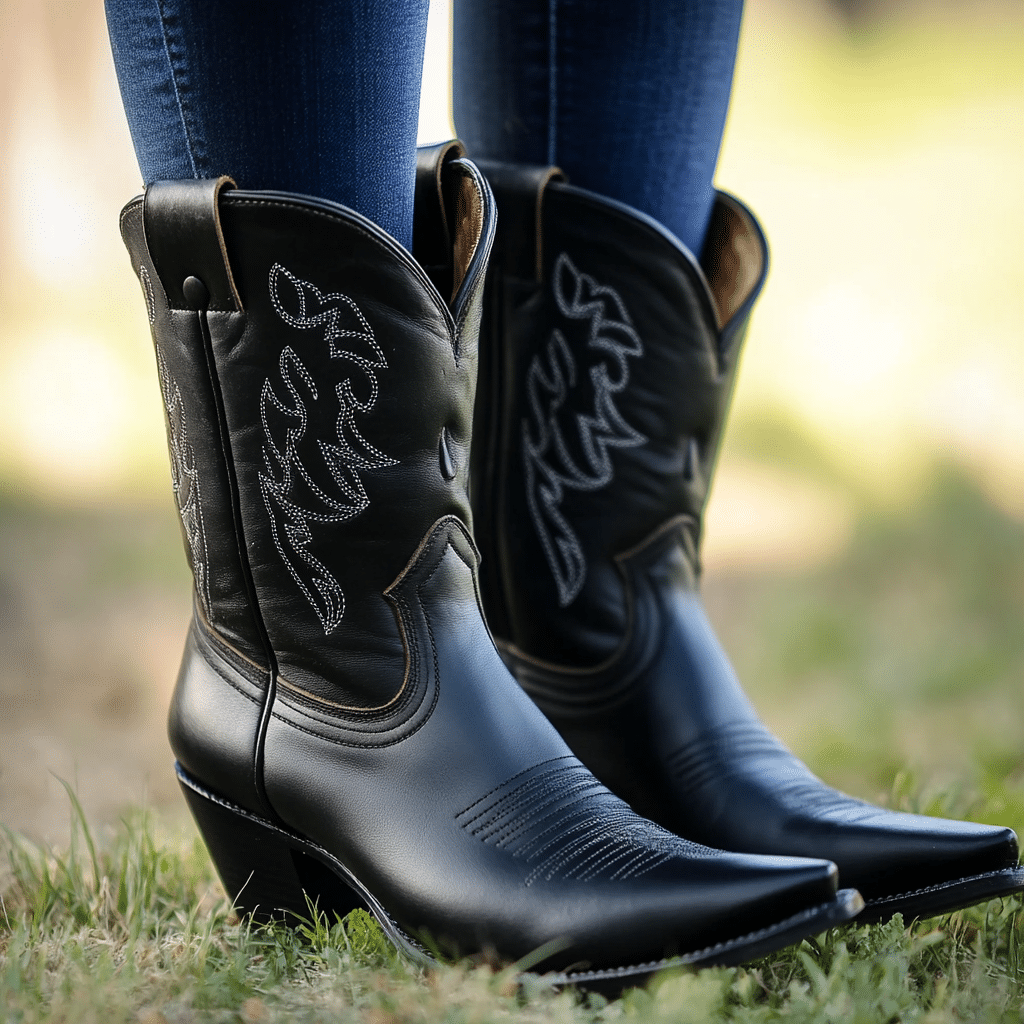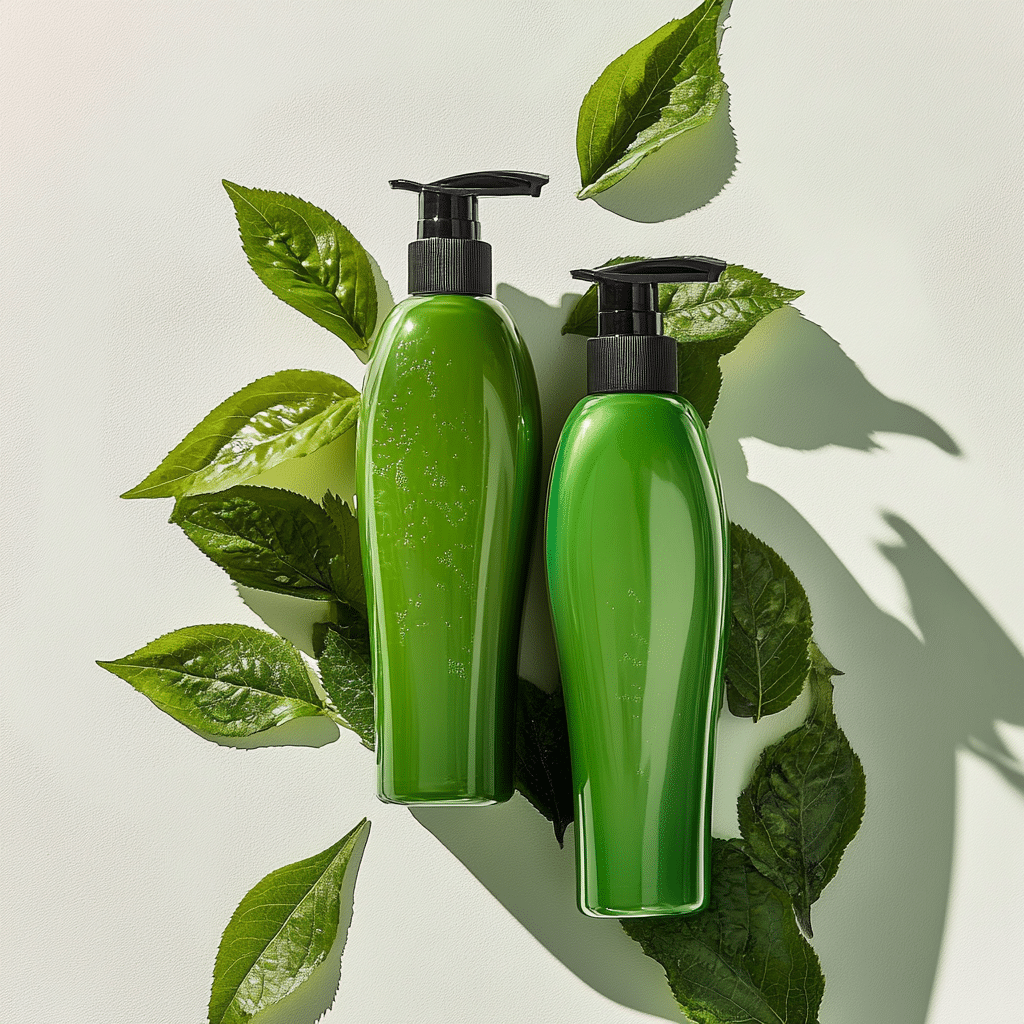Ah, cat diarrhea. It’s one of those joys that come with being a cat owner. Just when you think you’ve got everything figured out, your furry feline decides to turn your day upside down. But don’t worry; we’re diving into the nitty-gritty on cat diarrhea—its causes, symptoms, and effective treatments. Let’s break it down because no one wants to spend their Saturday cleaning up messes!
1. Common Causes of Cat Diarrhea
Cat diarrhea can stem from various issues, impacting not only your pet’s comfort but also their health. Here are some prevalent causes that you should keep an eye on:
1.1 Dietary Changes
If you’ve recently switched your cat’s food, it may be shaking things up in the digestive department. Cats are creatures of habit. They don’t like sudden changes, so switching too quickly to a new brand or type of food can trigger diarrhea. If you ever find yourself with concerns over dietary updates, just remember: slow is smooth, smooth is fast.
1.2 Food Intolerances and Allergies
Some cats are like modern-day divas, refusing to eat anything that doesn’t suit their palate. Certain ingredients can lead to tummy troubles. Common allergens include dairy (surprise, not all cats dig milk!), beef, fish, and wheat. Keep an eye on what seems to trigger the issues, so your fluffy friend doesn’t keep running for the litter box!
1.3 Infections
Let’s say that your cat just had their little kitty party. Bacterial, viral, and parasitic infections might just be crashing that party, leading to the dreaded diarrhea. For example, feline parvovirus is not something you want to see on your vet bill; it can cause severe, life-threatening diarrhea.
1.4 Intestinal Parasites
Worms, like roundworms or giardia, aren’t just a nasty sight; they wreak havoc on a cat’s gastrointestinal system. Regular fecal tests are like a health check for your kitty—so don’t skip that vet visit!
1.5 Stress and Anxiety
Cats can be sensitive beings. Changes in their environment—like moving homes or a new furry friend—can lead to stress-induced diarrhea. These small changes can unsettle your cat’s system more than a surprise wake-up call.
1.6 Medications
Sometimes, medicine meant to help can bring its own set of side effects. Some cats experience diarrhea as a reaction to medications like steroids or antibiotics. Feeling overwhelmed? Don’t hesitate to reach out to your veterinarian for guidance.
1.7 Health Conditions
Chronic conditions, including hyperthyroidism or inflammatory bowel disease, might add cat diarrhea to the mix. If you notice your cat’s condition isn’t improving, it’s crucial to consult the professionals.
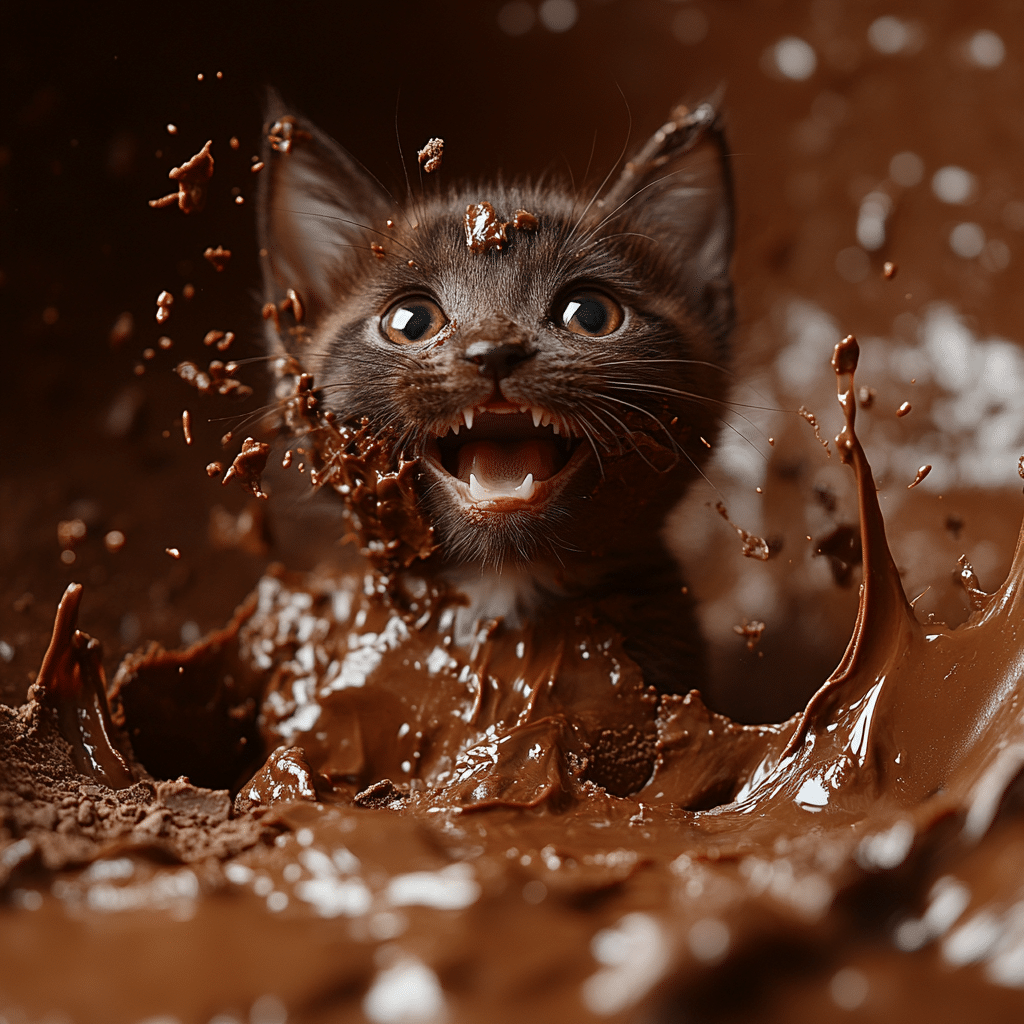
2. Recognizing Symptoms of Cat Diarrhea
When it comes to cat diarrhea, observing your feline friend closely is essential. Here are the signs to look for:
2.1 Frequency and Consistency
Look for loose, watery stools—like a mini sewage treatment. If your cat is “going” more than three times a day, it’s time to take action. Monitoring their hygiene should be a priority.
2.2 Other Gastrointestinal Symptoms
Sometimes diarrhea comes with roommates—vomiting, lethargy, or decreased appetite can also tag along. The last thing you want is your cat turning into a water balloon ready to burst from dehydration.
2.3 Behavioral Changes
Watch your furball’s vibes. They might become more withdrawn or show signs of discomfort due to their gastrointestinal drama. Your cat’s behavior can signal underlying issues; don’t ignore it!
3. Treatment Tips for Managing Cat Diarrhea
If your cat’s got the runs, you need an action plan. Here are some handy treatment options:
3.1 Veterinary Consultation
First things first: have a chat with your veterinarian. They can conduct a complete workup, including blood tests or fecal analysis. If you want the best for your furry companion, you’ve got to seek the wisdom of the experts who have your cat’s best interest at heart.
3.2 Dietary Management
For mild diarrhea, opting for a bland diet—think boiled chicken and rice—can help ease symptoms. If your cat’s digestive drama continues, consider specialized diets like Hill’s Prescription Diet i/d that focus on digestive health. Be mindful of any dietary changes; slow transitions are key!
3.3 Probiotics and Supplements
Restoring healthy gut flora can be beneficial. Products like FortiFlora are your secret weapons, promoting positive gut bacteria. Before introducing anything new, have a word with your vet.
3.4 Hydration
Dehydration is a serious concern when your cat’s feeling under the weather. Make sure they’re sipping water! An electrolyte solution could also help. Keep your furry friend hydrated, and they’ll bounce back in no time.
3.5 Medications
For those pesky parasites causing chaos, medications like fenbendazole can be discussed with your vet regarding safe use in cats. Just remember that fenbendazole for humans is significantly dosed differently. Getting it wrong can be a costly mistake.
3.6 Avoiding Stressors
Creating a calm cat environment is crucial. Think about incorporating calming aids, like Feliway diffusers, which release soothing pheromones. Your kitty deserves to chill without unnecessary stressors!
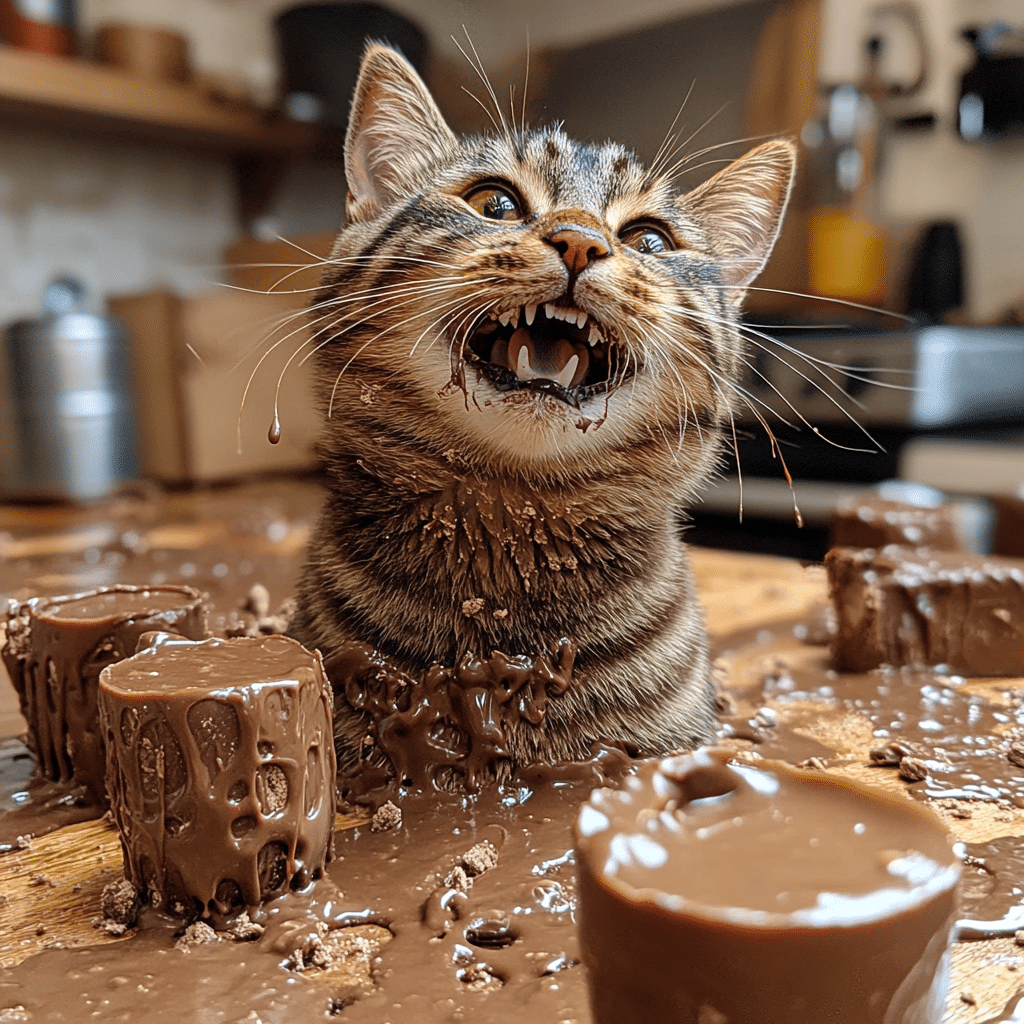
4. When to Worry: Signs Your Cat Needs Immediate Attention
Sometimes, cat diarrhea isn’t just a nuisance—it can be a warning sign. Here are a few red flags that require immediate vet attention:
4.1 Blood in Stool
Seeing blood, whether bright red streaks or a dark, tarry consistency, isn’t something to overlook. This could indicate a serious health issue lurking beneath the surface.
4.2 Prolonged Symptoms
If your cat’s diarrhea hangs around longer than 24-48 hours, that’s your cue to hit the vet. Persistent diarrhea could mean something more serious going on.
4.3 Severe Dehydration Signs
Be vigilant about your cat’s hydration. Look for dry gums, extreme lethargy, or consistent vomiting. If they start to look like a sad marshmallow, it’s time to take action!
4.4 Weight Loss
Sudden weight loss combined with diarrhea can be a distressing indicator. Don’t hesitate to seek professional advice; your cat’s health comes first!
5. Innovative Tips for Prevention and Home Remedies
Prevention is always better than cure! Here are some steps to help keep your cat from experiencing this uncomfortable situation:
5.1 Diet Consistency
Keep your cat’s diet consistent. Sudden changes can lead to gastrointestinal upset. Stick to what works and avoid playing chef too often!
5.2 Slow Introductions of New Foods
When it comes to new food introductions, take a week. Gradually feeding it helps your cat’s digestive system adjust, preventing a surprise trip to the litter box.
5.3 Home Remedies and Natural Aids
Sometimes, natural remedies can work wonders. Consider adding a little pumpkin puree to your cat’s food; it’s fiber-rich and can help regulate their digestion. Just a spoonful goes a long way!
5.4 Cleanliness and Hygiene
A clean environment equals a happy cat. Ensure your cat’s litter box is in tip-top shape to fend off infections and parasites. A little cleaning goes a long way!
5.5 Squirrel Repellents
Okay, it might sound odd, but if your cat enjoys the outdoors, squirrel repellents in your garden can help combat scavenging, which sometimes leads to an upset stomach. Better safe than sorry!
Wrapping it up, while cat diarrhea might seem like an annoying hurdle, it’s crucial to address it head-on. Don’t forget to connect with your vet, monitor your cat’s behavior, and ensure their health remains a priority. Keeping an eye on these little details will lead to a happier—and healthier—feline friend. Remember, a well-cared-for cat is a cat that’s ready to hug you when you come home!
For more lifestyle tips, stay in touch with us at Granite Magazine!
Understanding Cat Diarrhea: Fun Trivia and Interesting Facts
Cat diarrhea can be more common than you might think. Did you know that stress can trigger kitty tummy troubles? Much like how people can have off days, cats may react to environmental changes or new pets with loose stools. This is why maintaining a consistent routine is essential for your feline friend. It’s similar to how children adapt to new situations, like how the Children’s of Alabama program helps families navigate healthcare challenges.
Fun Facts About Cat Diarrhea
Another interesting tidbit is how diet plays a crucial role in cat diarrhea. Some may find themselves turning to specialty foods or, at times, the latest innovations in pet care products, much like how the Dt 990 Pro headphones have carved out their niche for audiophiles seeking quality. Cats can be particularly picky, and sometimes, a sudden change might lead to unexpected reactions. So, if you try a new brand or flavor, be prepared to reel in the consequences!
Curiously enough, the age of your cat can affect how often they experience diarrhea. Older cats can have sensitive stomachs similar to how some adults might shift their fragrance preference as they mature, like the distinction between What Is Eau de toilette and more intense scents. Additionally, underlying health problems can flare up more frequently in senior cats, making regular vet visits all the more vital. Speaking of health, it’s crucial to strike a balance in their diet — just as you’d look for a cost refinance that suits your budget, finding the right food for your furry companions can prevent costly vet bills down the road.
Lastly, it’s essential to know how to manage episodes of cat diarrhea effectively. Providing a comfortable environment can work wonders. Think of it as laying out plans for a great road trip — much like the unique journey offered by the Land Pro service, your cat will benefit from stability and reassurance. And remember, if symptoms persist or worsen, don’t hesitate to log in to Billcom Login for your pet’s health or call your vet! With the right care and timely intervention, you can navigate this tricky area of cat care like a pro.



